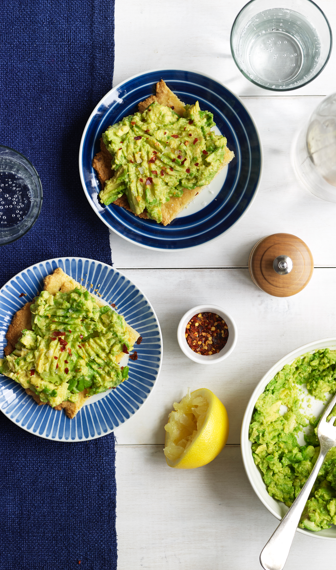Even though Americans love Mexican food, we have a limited idea of the delights enjoyed by our closest neighbors to the south. There’s much more to Mexican cuisine than tortillas, beans and rice, which is good news for those of us watching our carbs.
South-of-the-Border Mexican Cuisine
What most of us think of as “Mexican food” is probably one of these three Americanized versions:
- Tex-Mex, which originated in South Texas, consists of enchiladas, yellow cheese, chili and tamales. This food is known for its heat, which comes mainly from jalapeño peppers.
- New Mexico-style fare can be similar to Tex-Mex, although it’s distinguished by the unique flavor of roasted Hatch green chiles. New Mexican dishes tend to be richer in flavor, although not necessarily hotter, than Tex-Mex.
- Cal-Mex is California’s take on Mexican food. It relies heavily on seafood, with an emphasis on fresh vegetables. Flavors are bright and strong.
Broader Culinary Horizons
But there’s much more to the cuisines of Mexico than these three variations. Metropolitan Mexican food demonstrates the strong French influence exerted by the brief period of French rule under Maximillian and Carlotta. The Eastern and Western coastal regions of Mexico also feature some outstanding seafood, typified by dishes that originated in places like Vera Cruz and Oaxaca. To go beyond border-style Mexican cooking, look for the names of the various regions of Mexico in a restaurant’s name or description. Or keep an eye out for the terms “interior Mexican cooking” or “cuisines of interior Mexico.” If you’re willing to make the effort to avoid the empty carbohydrates that come along with tortillas, beans and rice, you’re in for a
real adventure. The primary flavor components of Mexican food are garlic, chiles, cilantro and cumin. These and other seasonings can be found in any number of dishes that are carb-smart and taste as “Mexican“ as enchiladas do. So pass on the chips and salsa and look for the regional specialties, which more and more Mexican restaurants are offering.
Low-Carb Options
- For starters, you can’t go wrong with guacamole. It’s based on mashed avocado, which is flavorful and rich in fiber, heart-healthy monounsaturated fats and other nutrients.
- Ask for jicama sticks for dipping instead of chips. A low-carb root vegetable, jicama is bland, slightly sweet and very crunchy. Its flavor and crisp bite wonderfully complement the rich texture of avocado.
- Are you a fan of Enchiladas Verdes? These tortillas are filled with spiced chicken and covered with a tangy green sauce of tomatillos and cilantro. Just ask for the chicken filling, minus the tortillas and topped with the sauce. It’s wonderful.
- You can have fajitas without the carbs. There’s hardly a Mexican restaurant north of the border that doesn’t serve Beef Fajitas, usually made with marinated skirt steak; many offer Chicken or Shrimp Fajitas, as well. Proper fajitas will come to your table sizzling, having been seared in an extremely hot skillet along with sliced onions, bell peppers, and sometimes slivers of one of the milder chile peppers. Just skip the tortillas and beans, and you’re good to go.
Try This Instead of That
- Instead of Stuffed Jalepeño Peppers or Chiles Rellenos, try grilled chicken wings.
- Instead of quesadillas, order Sopa de Albondigas, which is a meatball and vegetable soup.
- Substitute a Jicama Salad for nachos. Replace any of the taco, tamale, or enchilada platters with whatever grilled fish (pescado) is on the menu.
- Try Pollo Asado, grilled chicken, instead of Chimichangas or Flautas.
- Shrimp are even better in Camarones al Ajili, shrimp in garlic sauce, than they are in Shrimp Enchiladas.
- A fantastic substitute for any chicken-in-tortillas dish is turkey or chicken in a complex, dark, mole (pronounced “mo-lay”) sauce, based on ground cocoa beans.
Once you begin to explore true Mexican food, you’ll never miss those cheese enchiladas. In fact, there’s so much more flavor in many of these dishes, you may wonder why you stuck with your tortilla-based dishes so long.

